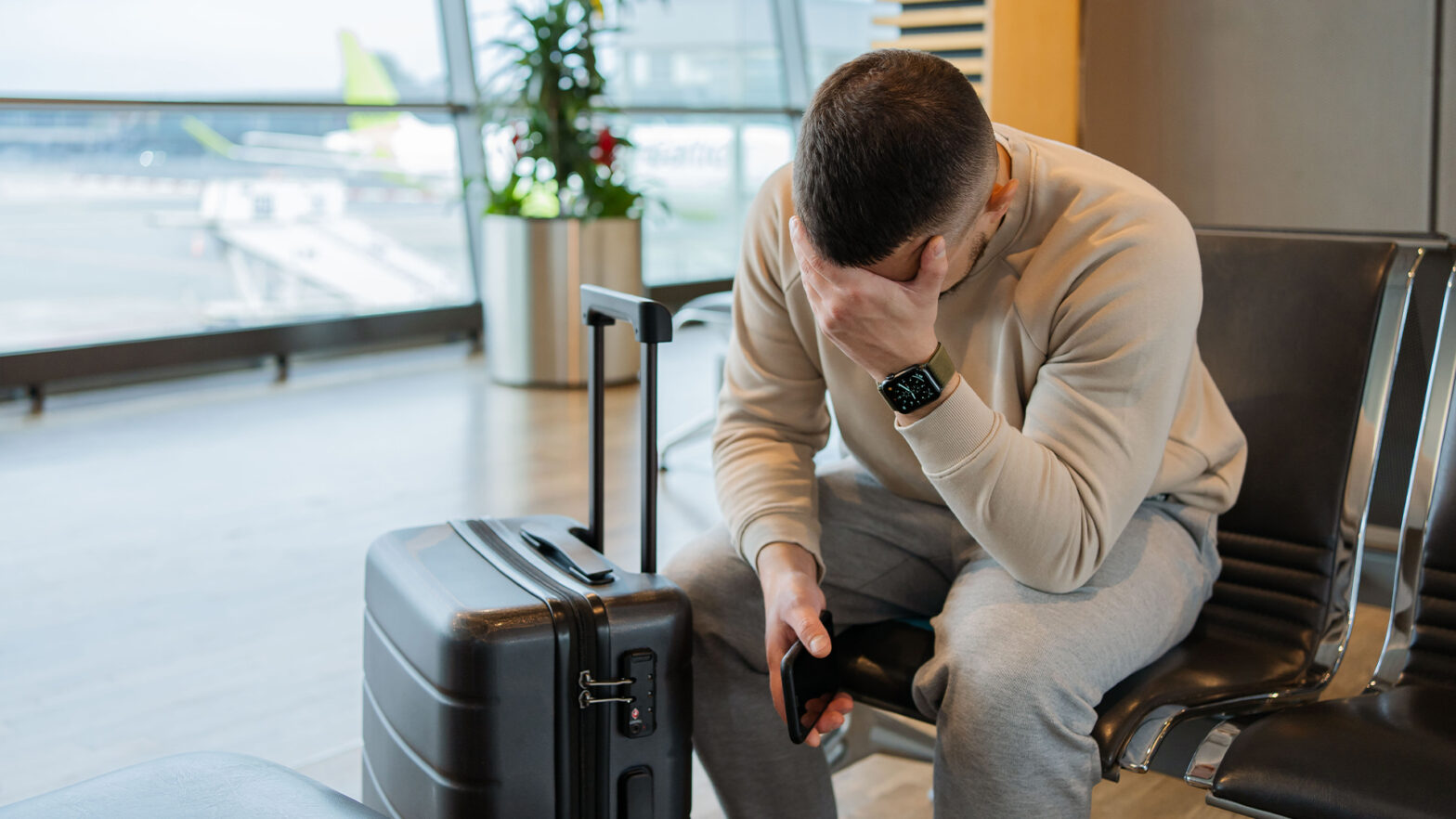
As the holiday season reaches its climax, Paula Ruane reflects on one possible explanation for the post-holiday blues. Is it simply the inevitable result of leaving behind a lovely holiday, or in fact a sign of more serious, underlying conditions like stress or anxiety that impact everyday life?
In today’s fast-paced world, where the pressure to stay connected and productive is constant, the simple act of disconnecting during a holiday has become more than a luxury—it’s a necessity.
The Benefits of Taking a Holiday
Paula Ruane, leading Stress Prevention Specialist and Author of “Being Your Best at All Times” said,”The benefits of taking a holiday extend far beyond the joy of travel and leisure. In our demanding work culture, chronic stress is a growing concern that can lead to someone burning out, which can lead to mental health issues. Research shows that regular breaks, including holidays, are crucial for reducing stress, lowering cortisol* levels, and improving overall life satisfaction.”
Holidays offer an invaluable opportunity to relax, unwind, and recharge. The act of stepping away from daily responsibilities and routines allows the brain to rest, leading to improved cognitive function and better decision-making upon return.
Navigating the Post-Holiday Blues
In stark contrast to the highs of being on holiday or taking a break, the “post-holiday blues” can result in feelings of sadness, lethargy, or anxiety that often emerge upon return to normal life. This emotional downturn can occur as the excitement and busyness of the holidays fade, leaving behind the reality of returning to daily routines, responsibilities, and possibly unfulfilled expectations from the holiday period.
Paula Ruane said, “Post-holiday blues often surface as a reminder that the transition from holiday or down-time to routine can be emotionally challenging. It’s a signal to pay attention to our mental health, acknowledging that even after the most joyous times, it’s essential to find balance, and ease back into our daily lives with thought and care.”
Recognising these emotions as a natural but important signal allows individuals to take proactive steps in managing their mental health, such as setting realistic goals, maintaining healthy routines, and seeking support if needed.
Paula Ruane’s Approach to Stress Management
Paula Ruane utilises a unique, research-backed approach to reduce stress, helping people to return calm, focus and clarity to their everyday lives which in turn improves mental and emotional health. These techniques, developed over nearly two decades, utilise scientifically proven HeartMath and Solution Focused Hypnotherapy to help alleviate stress and long lasting strategies to combat bew waves of stress-inducing episodes.

















